NOAA and Sea Grant Select Four Knauss Fellowship Finalists from NC
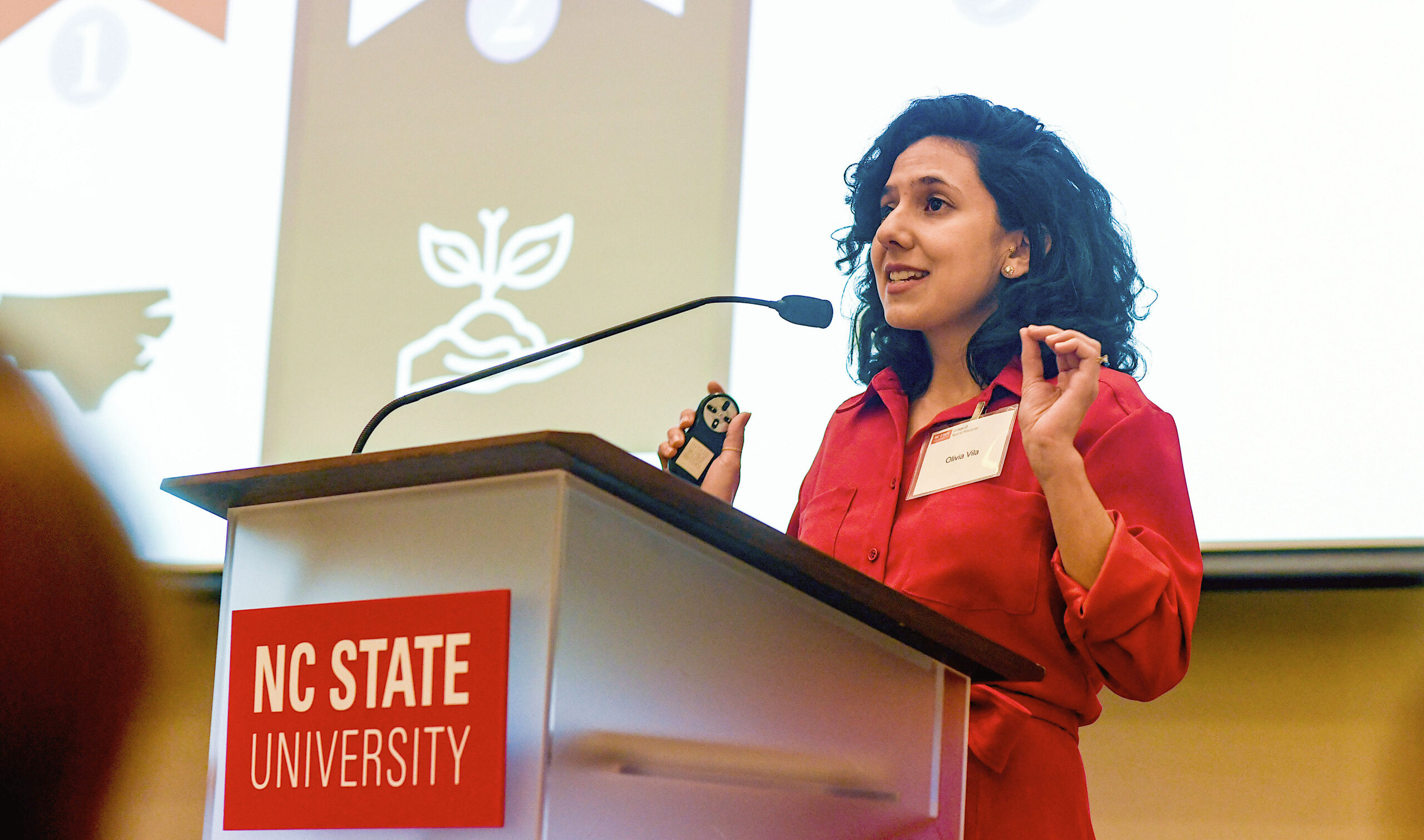
Update: November 2021: Placements for fellows in federal executive offices have been announced. Our finalist who will join a federal legislative office will learn placement in early 2022. Download the placements for 2022 Knauss executive fellows (PDF)
Contact:
Katie Mosher, kmosher@ncsu.edu
After a highly competitive review process, NOAA and Sea Grant have announced 74 finalists for the 2022 class of the Sea Grant John A. Knauss Marine Policy Fellowship program. Finalists include four graduate students from North Carolina: Olivia Vilá, Anderson Tran, Molly Bruce, and Colleen Baker.
The Knauss Fellowship is a year-long program for graduate students who are interested in national policy issues affecting ocean, coastal and Great Lakes resources. This fall, the 2022 finalists will participate in a virtual placement week to get to know each other and interview with potential host offices. Following placement, they will begin their fellowships in February.
“At both the state and national levels, Sea Grant’s active recruitment and student engagement efforts supported one of the most robust applicant pools in fellowship history,” says Jonathan Pennock, director of the National Sea Grant College Program. “I have no doubt that the finalists’ diverse perspectives will provide great insight towards addressing critical marine policy and science challenges.”
The fellowship honors John A. Knauss, a founder of the National Sea Grant program, who also served as NOAA administrator and dean of the University of Rhode Island’s Graduate School of Oceanography.
“The Knauss Fellowship program offers talented students an opportunity to delve deeply into the work of their host offices, offering their expertise and unique perspectives that absolutely enhance much-needed research, education and outreach,” says Susan White, executive director of North Carolina Sea Grant. State-based Sea Grant programs handle initial applications for the fellowship and refer up to six nominees per year to the national selection process.
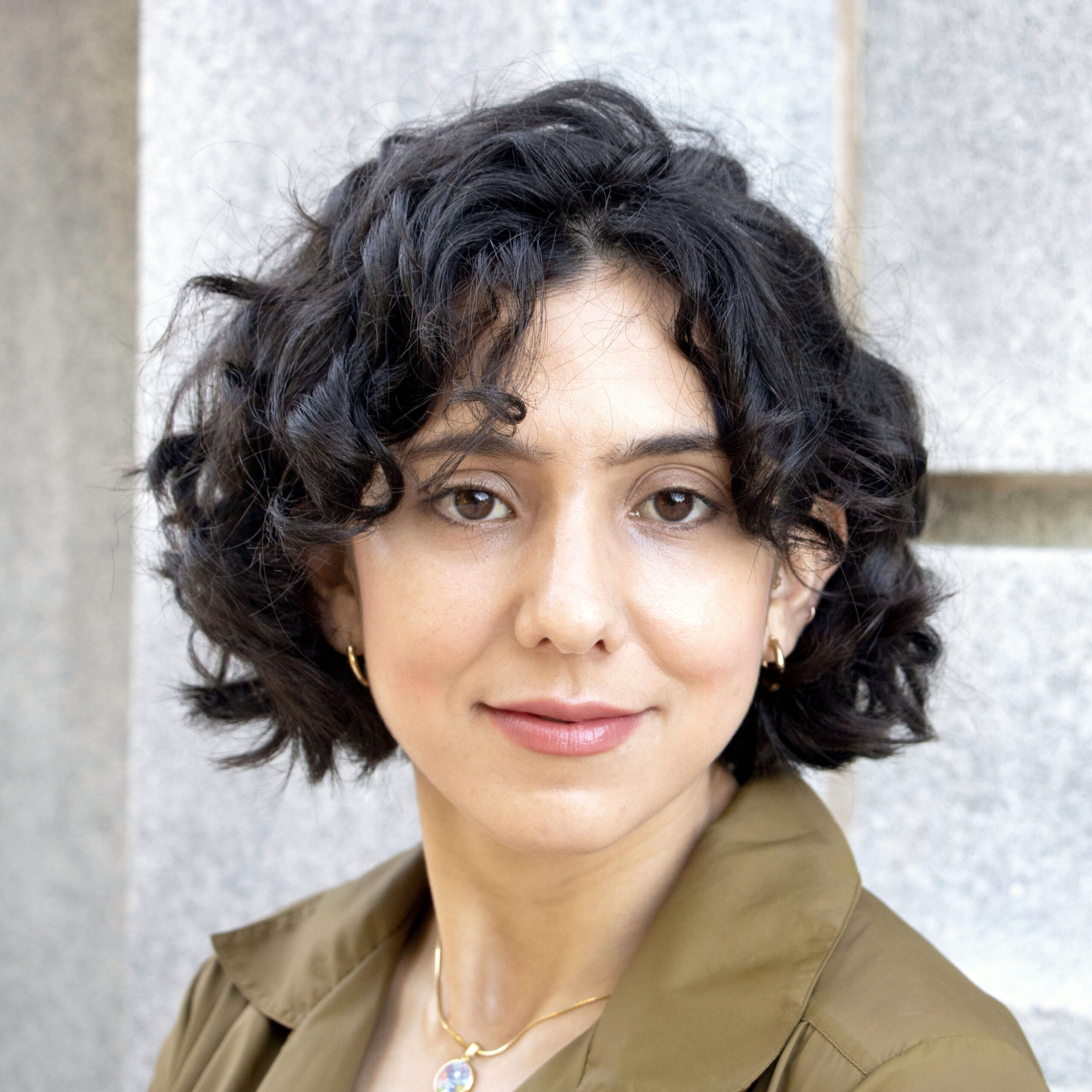
“As is the case every year, I am excited to get to know these Knauss fellows better over the course of their work, and our North Carolina Sea Grant team looks forward to supporting them as they move forward in their careers.”
The 2022 Knauss Fellowship finalists from North Carolina have a wide array of research interests and experiences. NC State University, the University of North Carolina at Chapel Hill, and Duke University provided the educational training grounds for the state’s newest finalists.
Olivia Vilá, a Ph.D. candidate at NC State University, works with multiple interdisciplinary teams on hazard mitigation and resilience research. Her current work uses environmental justice, leadership, and policy frameworks to assess communities’ ability to engage in recovery and mitigation, as well as to support improvement.
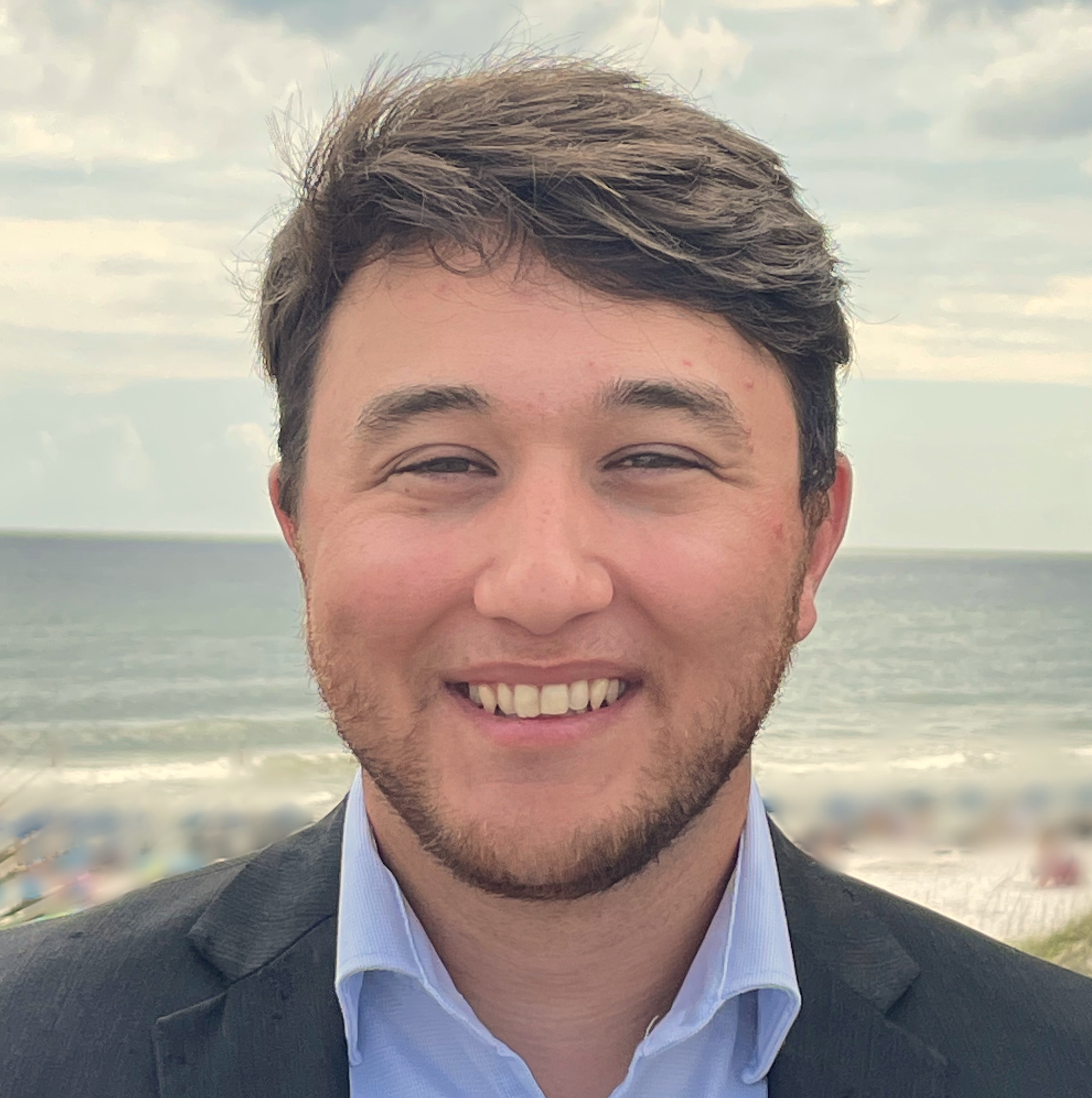
“I look forward to being pushed outside of my intellectual and professional comfort zone,” Vilá says. “By the end of the fellowship, I want to be empowered to influence policy through research and advocacy.”
Anderson Tran received his law degree from the University of North Carolina at Chapel Hill. After years in the hard sciences, he shifted his career to law to become more involved in policy decisions that affect fisheries and other coastal resources.
“I am excited about the Knauss Fellowship and the opportunity to experience policymaking at the federal level,” Tran says. “I hope to bring my merged scientific and legal training to help craft effective policy that will sustain our coastal resources to use and enjoy for generations to come.”
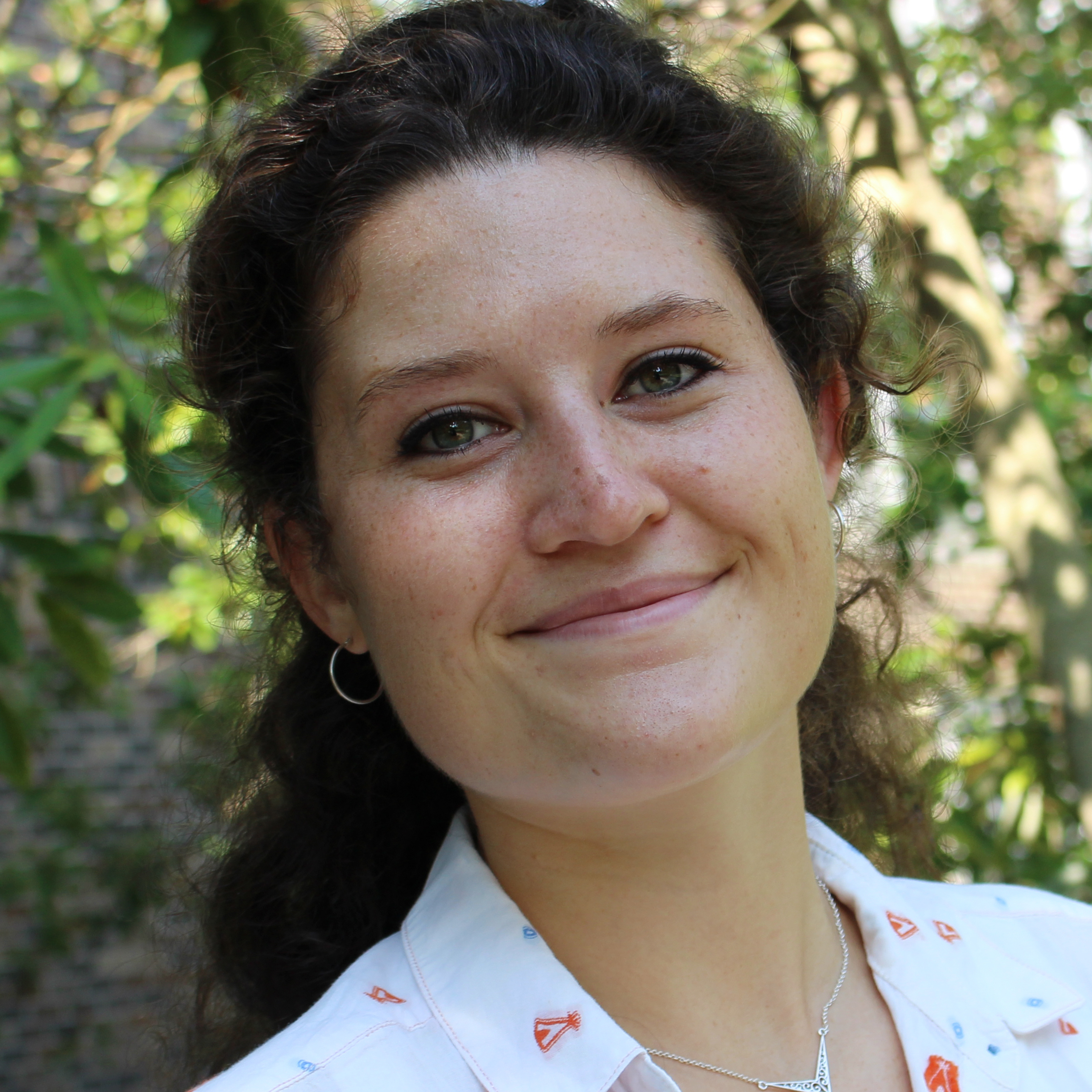
Molly Bruce earned law and master’s degrees from Duke University, where she focused on the intersection between water and climate. She has participated in client-centered representation and environmental policy design, as well as research using remotely-sensed data from drones and satellites to monitor coastal ecosystems.
“Much of my background is in state- and community-level environmental policy,” Bruce says. “With that in mind, I’m excited by the incredible opportunities I’ll have as a Knauss Fellow to learn about federal policy design and the nuances of representing national interests.”
Colleen Baker holds a master’s degree in environmental management, with a focus on coastal environmental management, from Duke University. Her research focuses on small-scale fisheries and fisheries governance.
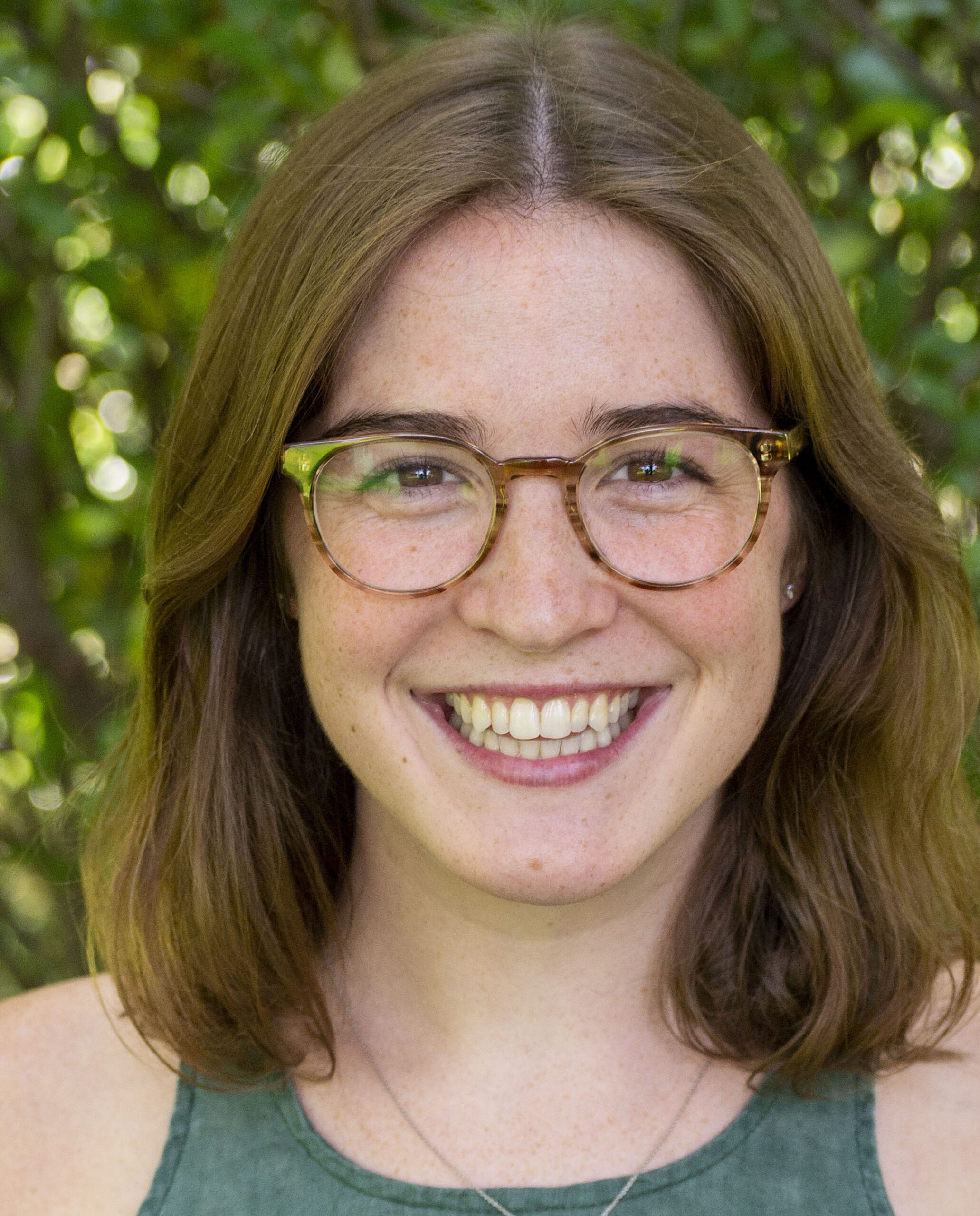
“I have spent a lot of time understanding management decisions and evaluating fisheries policies, but the Knauss Fellowship offers me the opportunity to be on the inside of decision-making and implementation,” Baker says. “I’m excited to gain that new experience and insight and to apply it throughout my career.”
This year’s finalists join about 90 from North Carolina who have served during the four-decade history of the Knauss Fellowship. Since 1979, nearly 1,500 fellows have completed the program, becoming leaders in science, policy, and public administration.
Read more about the 2022 class of the Sea Grant John A. Knauss Marine Policy Fellowship program.
Read more about North Carolina Sea Grant’s funding opportunities for students and faculty.
###
- Categories:


